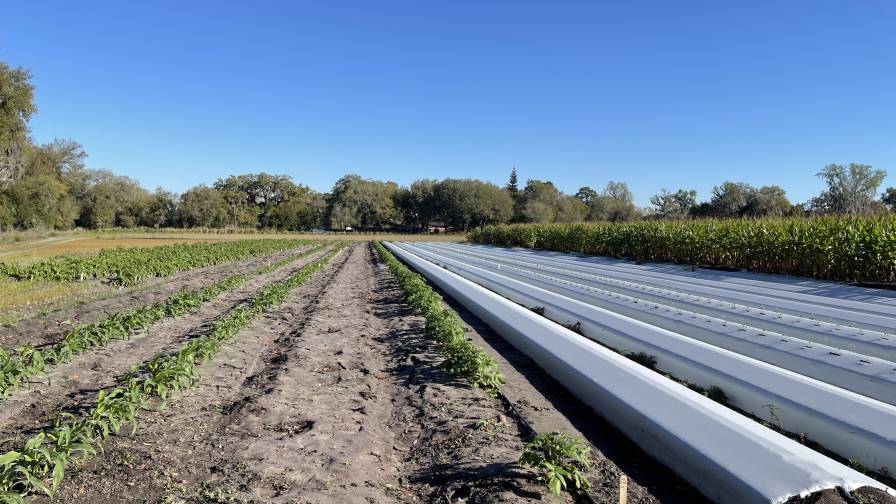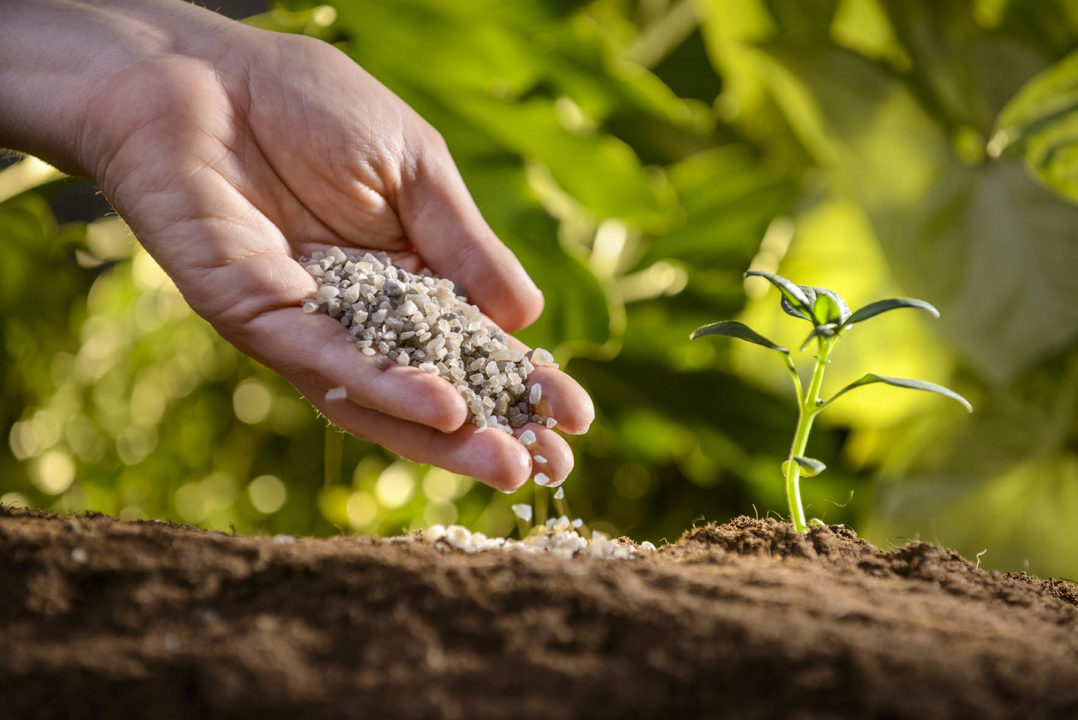Monsanto, Bayer CropScience Enter Seed Treatment Agreement
Soybean growers now have access to a biological mode of action to help protect their crop from nematodes — as well as other pests — as part of an agreement made by Bayer CropScience LP and Monsanto Co.
Offered with Monsanto’s Acceleron Seed Treatment Products for soybeans, Poncho/VOTiVO seed treatment from Bayer CropScience combines a seed-applied insecticide with a new living-barrier approach to nematode protection.
Acceleron Seed Treatment Products with Poncho/VOTiVO will offer protection against white grubs, seed corn maggot, soybean aphids, and overwintering bean leaf beetles, as well as nematode protection, including soybean cyst nematodes. Poncho/VOTiVO also complements genetic resistance to nematodes in soybeans.
“We look forward to this opportunity to provide growers with advanced technology that combines Bayer CropScience innovation in seed treatment with Monsanto seed,” said Keith Vodrazka, product manager at Bayer CropScience LP. “This combination will help ensure that soybean growers can have the best protection against yield-robbing nematodes and early season insects.”
“Early season diseases and insect pests can have a major impact on a soybean crop’s growth and development. That’s where Acceleron Seed Treatment Products come into play,” said Randy Longest, Monsanto’s Acceleron product manager. “Now growers will have a choice that includes Poncho/VOTiVO, this innovative nematode control technology, combined with Acceleron Seed Treatment Products.”
New Poncho/VOTiVO provides a biological mode of action that introduces a revolutionary way to protect soybean seedlings and roots against nematodes. It contains bacteria that live and grow with young soybean roots, protecting against a broad range of nematodes that feed on soybeans
Under the agreement, Monsanto will have rights to commercialize Poncho/VOTiVO on seed from its soybean brand Asgrow, the Channel brand, and regional brands, as well as to sell the product through its seed licensees, which include numerous independent seed companies across the U.S.






